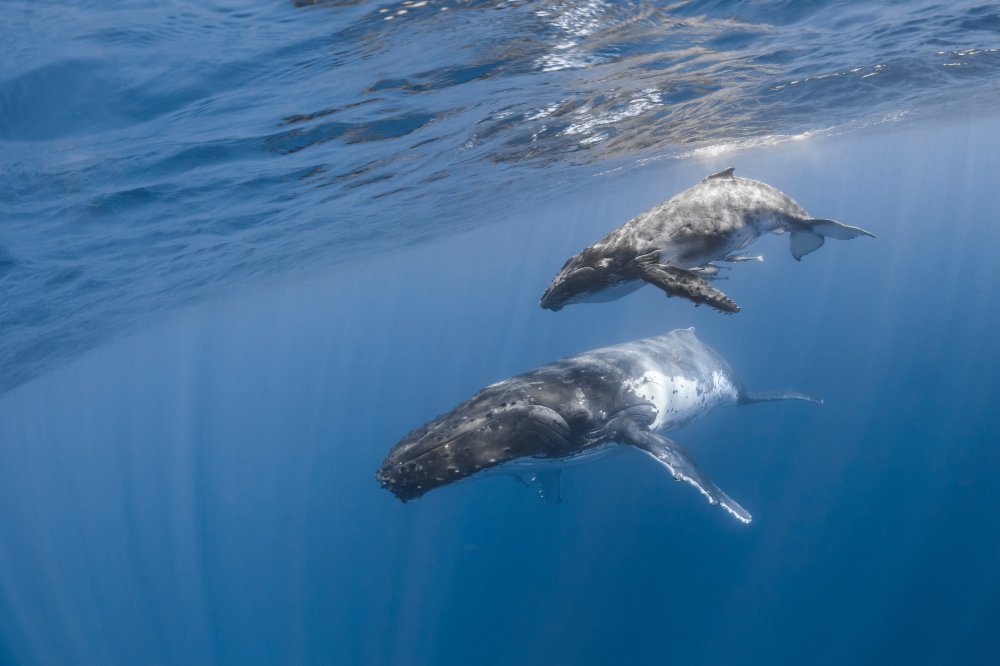How We Can Help Save Whales From Ship Strikes

Though whales have enjoyed a slight respite since the days of commercial whaling, their numbers are still declining at an alarming rate. Where humans used to kill seagoing mammals for food and resources, they now kill whales mostly through accidental collisions. Thankfully, concerned citizen scientists have been hard at work looking for a solution.
What Are Ship Strikes?
Ship strikes are direct collisions between whales and human vessels. Though it can seem unlikely for creatures that live underwater to come into contact with vessels at the ocean’s surface, most whales spend 70% to 80% of their time near the surface. These incidents occur most often in busy shipping channels, in which whales and humans share spaces.
Part of the reason human vessels are so dangerous for whales is that their engines make a lot of noise. In normal conditions, whales can veer out of the way of oncoming sea traffic. In noisy waters, animals become accustomed to loud sounds, and they can’t tell which ones are threatening and which aren’t. Researchers have recently estimated that ship strikes kill more than 20,000 whales every year.
Why Large Whales Are In Danger Of Ship Strikes
The engine noise from a shipping vessel essentially blinds whales to coming threats. While some animals are nimble enough to evade danger anyway, the biggest creatures have a hard time moving quickly enough. Though humpback whales, right whales, and other well-known species are quite large, boats are much larger. The force of a moving vessel can quickly incapacitate an animal.
How Common Are Ship Strikes?
As you might expect, the rates at which strikes occur are not consistent across the globe. The most dangerous waters in the United States include those around Boston or New Jersey. Abroad, busy Mediterranean shipping channels are comparably fraught with collisions. Unfortunately, many ship strikes go unnoticed as whales sink to the bottom before ships get to shore.
Many countries do not collect collision data, so it’s hard to say how prevalent they are in many foreign seas. In places where scientists have put together a lot of data, the statistics are disturbing. In the North Atlantic, almost a third of right whale deaths are the result of vessel strikes.
New Technology To Prevent Ship Strikes
Currently, most ship strikes appear to happen unintentionally. Many captains, therefore, are willing to do their part to prevent further tragedies and stem serious ecological consequences. Recognizing this fact, a few researchers have developed a creative solution.
A mobile app called Whale Alert notifies well-meaning mariners when they enter regions with high cetacean populations. When appropriate, it suggests alternate courses free from substantial collision risk. In certain “seasonal management areas,” the app warns mariners to slow their speed, thereby abiding by local regulations.
Because Whale Alert uses data provided from sources all over the world, it has enormous potential for protecting marine wildlife. As more citizen-derived data filters to the app’s developers, they can make changes or improvements as necessary.
How You Can Help Prevent Ship Strikes
Whales are majestic, charismatic, and ecologically important. Whether you are a hobby mariner, professional shipping captain, or concerned citizen, you should do your part to preserve marine wildlife. If you spend any significant time at sea, download Whale Alert. If you rarely find yourself on the ocean, try supporting local conservation efforts in other ways, such as donating to valid environmental causes.
The next generation of conservationists is born today. Always teach your kids the value of the world’s oceans. Take them to the coast or book a whale watching tour for the whole family with Next Level Sailing. There are infinite ways to support conservation efforts, but time is of the essence.
